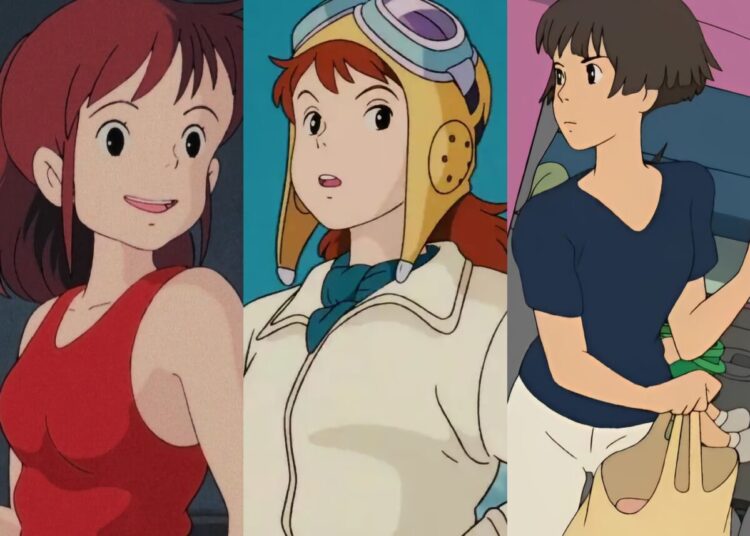Have you ever strolled into a coffee shop an ordered an “American”? Although green tea seems as popular a drink as ever, the Japanese do enjoy their coffee, too. Traditionally, coffee is something you drink in a dim kissaten (key-SA-ten), or Japanese-style coffee and tea shop, where they serve coffee that’s been hand-brewed by pouring boiling water over the grounds. Many coffee shops still do it this way, letting you enjoy the smell of the freshly brewing aroma while you wait ten minutes for it to be ready. If you don’t like strong coffee, order an American, which is brewed less strongly. Of course, the local coffee scene has changed a bit since the coming of Starbucks, which opened its first store in Japan in 1996 and has 450+ currently. In contrast to the slowly savored coffee of most traditional Japanese establishments, Starbucks will get you your drink in a hurry, a convenience which has proved popular with many Japanese, especially Tokyoites who don’t mind drinking their coffee while standing up (yes, there are tiny hole-in-the-wall Starbucks in Tokyo so small there’s not even a place to sit down). Personally, I like a slow-brewed cup most of the time…
I remember back in college, I needed a new engine for the broken-down car I was driving. My mechanic sold me a “low mileage” replacement engine from Japan, which was very affordably priced yet had only something like 12,000 miles on it, making me wonder how such a thing was possible. I was living in San Diego, a place where you regularly put 150,000 or more miles on a car during its life, but Japan is very different from the U.S. Although it isn’t exactly a small country — it would take a week to drive its length — the reality is that in Japan, you almost always find yourself driving on city roads, with lots of stop lights, one-way streets, and of course fumikiri, or train crossings, which everyone is required to stop at. Sometimes we take 45 minutes to drive somewhere then calculate how far we’ve driven, and see how long it would take us to drive that distance on the efficient freeways in San Diego. We take freeways whenever possible, of course, but they usually don’t go where we need to be, and they’re also not free (it costs $25 for us to drive to Tokyo, for example).
You’ve been in Japan too long when you get a nihongo ga jozu (“your Japanese is very good”) and feel really insulted. It’s an odd fact of life in Japan, but foreigners who are learning Japanese strive for that magic moment when Japanese will finally stop complimenting them on their Japanese. Being complimented on your language ability is a sign that your Japanese is good, but not quite good enough for the person to just shut up and talk to you normally. After four years of study at SDSU and almost fifteen years living in Japan, I am hopefully as bilingual as I’ll ever need to be — I can go the places I want and communicate with people as needed, although there’s always the chance I’ll encounter a specialized vocabulary word that I’ve never seen before, usually at the time and place that is most embarrassing to me.
One of the most popular 2006 calendars is always the Totoro desktop calendars, which always sell very well. This year’s Totoro desktop calendar is especially nice, featuring PVC figures of all three Totoro creatures with Mei looking playfully at them over the top of the calendar. Best of all, when 2006 is behind you, you can still use this amazing and durable item as a photograph stand, putting pictures of your loved ones. It’s in stock now!
J-List has been involved with bringing Japan’s unique dating-sim games — interactive games for PCs in which you interact with virtual on-screen girls and try to find virtual love — for years, and we’ve got an amazing lineup of English-translated games for you. We’re happy to announce that Ai Yori Aoshi, a great interactive game about two star-crossed lovers. Kaoru Hanabishi has been betrothed to marry Aoi Sakuraba since childhood, but now he’s penniless while she’s incredibly rich. A cool interactive PC game for all ages, based on the popular anime and manga, and one of the most well-known games of its type to be ported to English!















